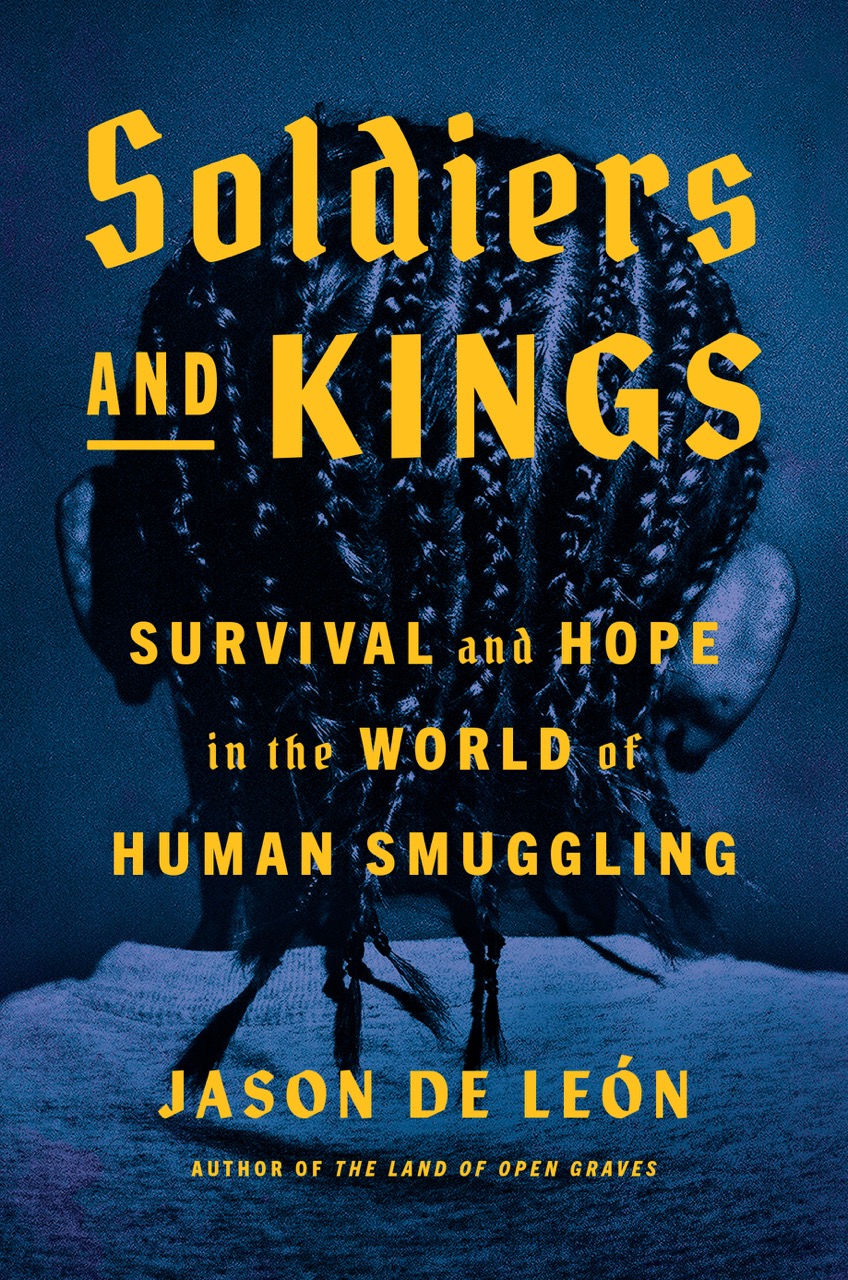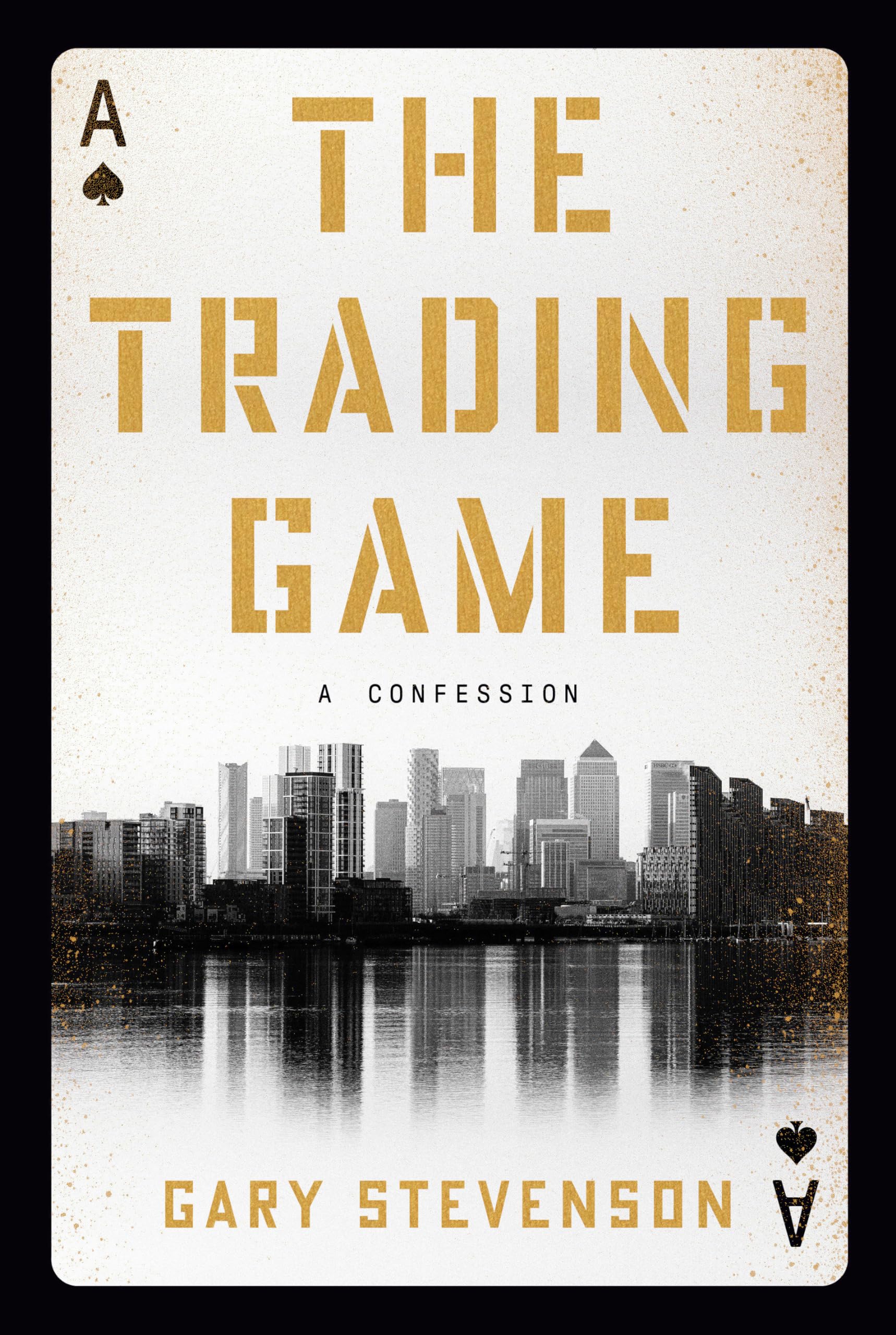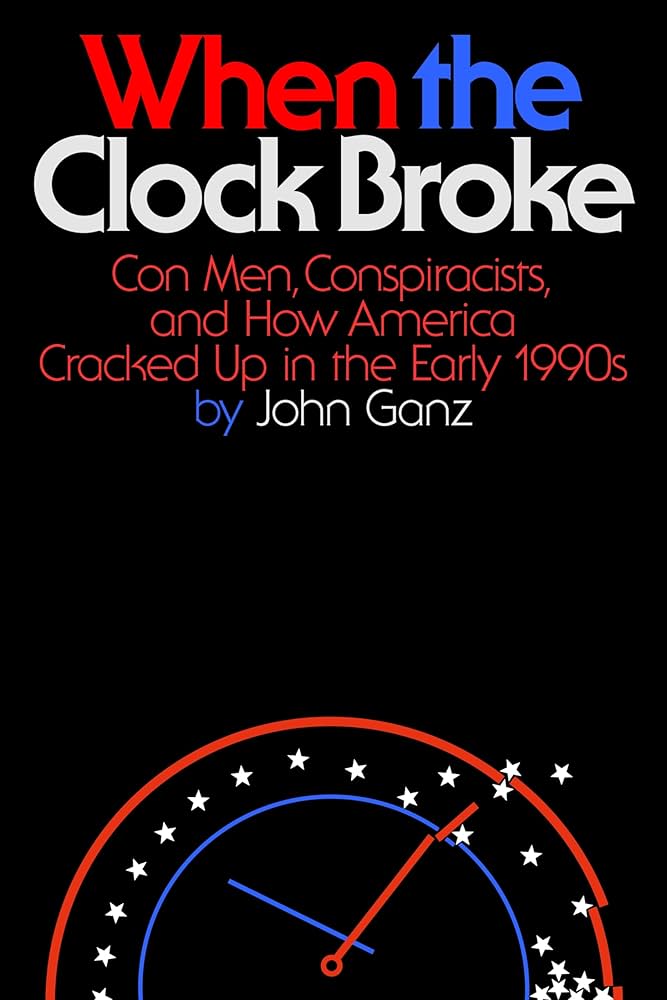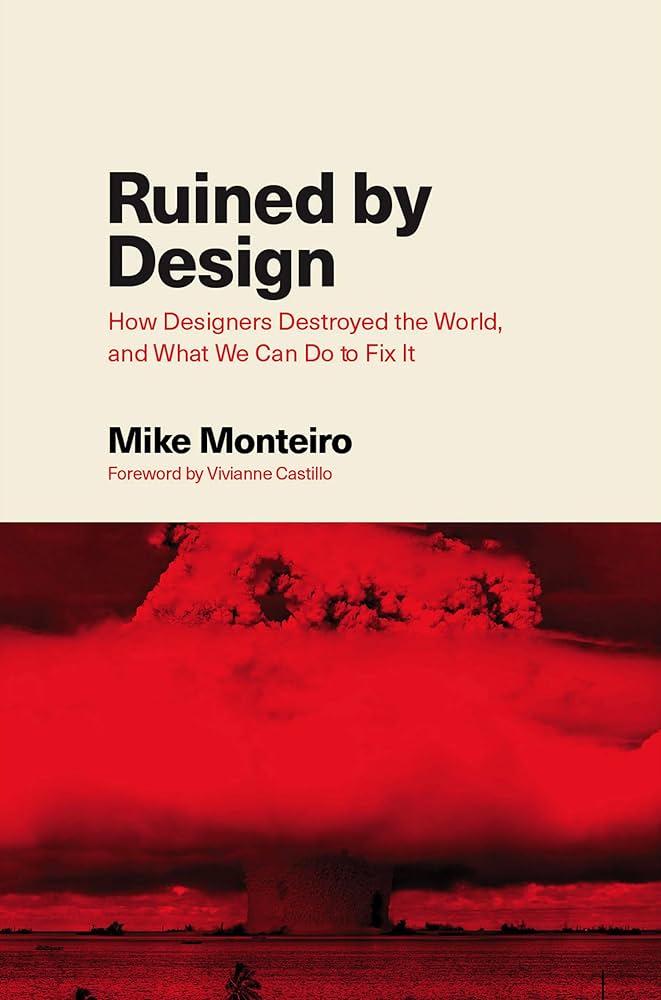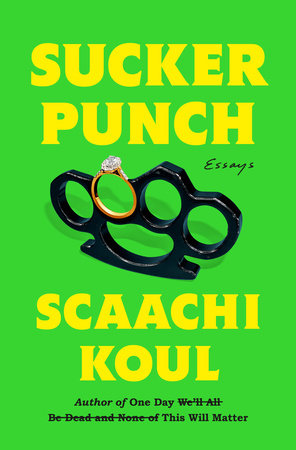I picked up Soldiers and Kings on a whim – the title sounded like something that would appeal to me, and the Matthew Desmond (author of the essential Evicted) blurb on the front was enough to get me to take a flyer on it at the library. I didn’t really know what I was getting into, which made for a surprising and eye-opening read.
In Soldiers and Kings, Jason De León profiles several players in the human smuggling industry in Mexico, Honduras and several other parts of Central America. They work in organizations that take money from migrants fleeing unbearable poverty and violence, attempting to get somewhere with safety and opportunity — usually America, but sometimes even Mexico. Sometimes simply anywhere but home.
De Leon is an anthropologist and an ethnologist, not a journalist. He brings a completely different outlook and objectives to this project. Rather than observing and reporting, he wants to tell their stories — how they got to where they are, their ambitions and fears. The book has more heart than most nonfiction books I’ve read. De Leon has personal relationships with the people he studies, he knows their families, their ambitions, and he helps them out financially throughout the book. There’s a long stretch where a smuggler is trying to scam him into sending more money, and De Leon describes his conflicting feelings about it as the con twists and turns over several days. It’s riveting stuff.
In this interview in the San Diego Tribune, he describes his objective with the book:
…undocumented migration is a global phenomenon. It’s at the core of so many political and economic conversations, and smugglers are there at every aspect of it, yet we know so little about who they are, what they do, why they do it, how much they make, all those kinds of basic questions. For me, part of it was that I just wanted to shed a little bit of light on this thing that is pervasive and yet so poorly understood.
There are long sections of transcribed and translated dialogue between de Leon and the people he’s embedded with — enough that I was able to differentiate between subjects based on their linguistic habits.
Using these stories as a way to tell a broader story about the influence of U.S. politics and money in Central American countries. He writes about how inequality, climate change, and Covid-19 have only made desperate migrants more desperate, poor countries more violent and hopeless, and the voyage to perceived safety more costly and dangerous for those attempting it. Same article:
I think one of the things that people think is that smuggling is really organized and it’s a big moneymaker. It’s pretty poorly organized, at least at the ground level, and the folks that I worked with for so many years were just a bunch of grunts, foot soldiers who were making less than minimum wage and who were folks who were often just as desperate, if not more so, than the migrants that they were themselves smuggling. All of the people that I worked with, they were all from Honduras.
Soldiers and Kings is a very revealing read, that reminded me at different times of My Fourth Time, We Drowned — taking a piece of society that I thought I knew things about, and demolishing that preconception. It’s a rewarding and enlightening read.

